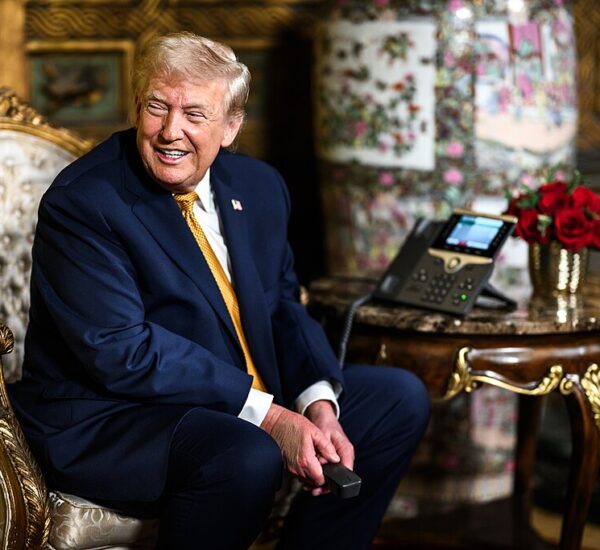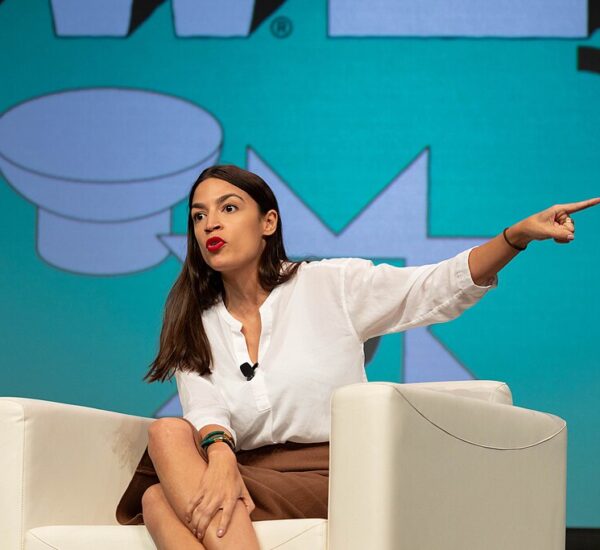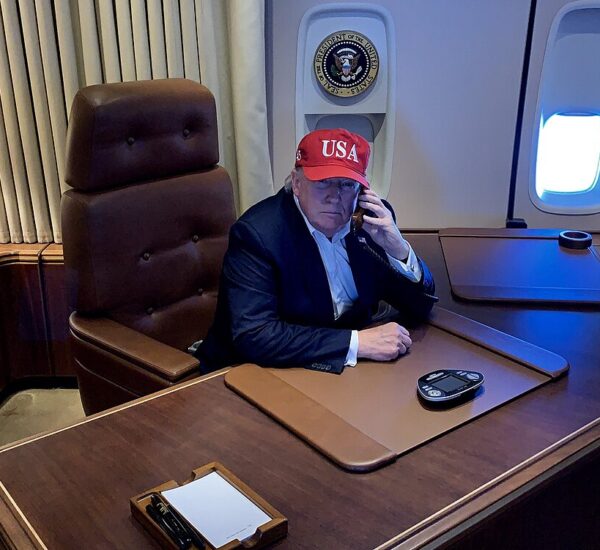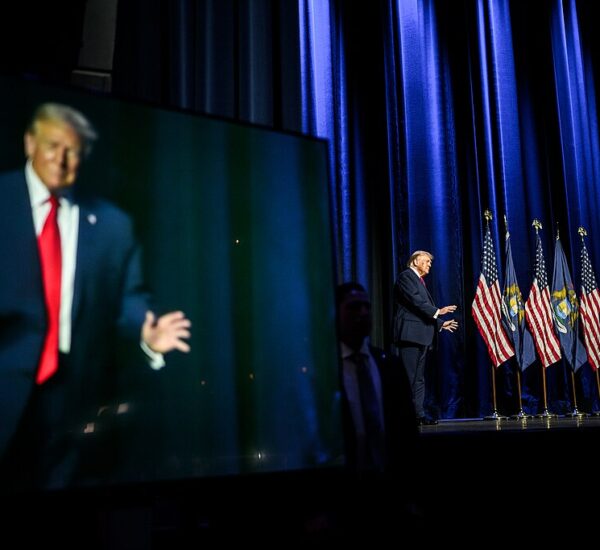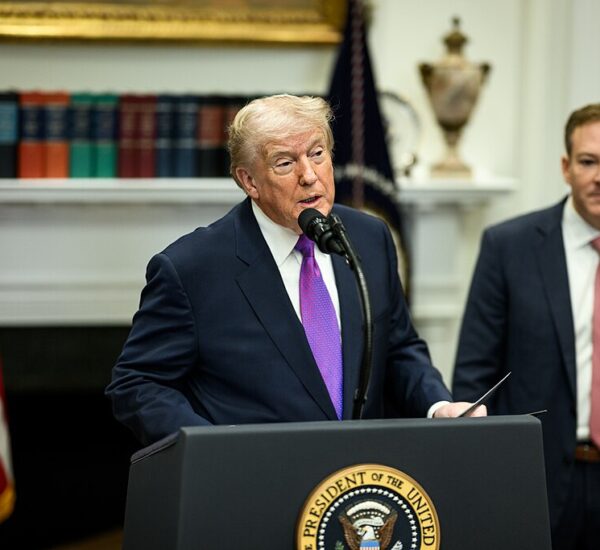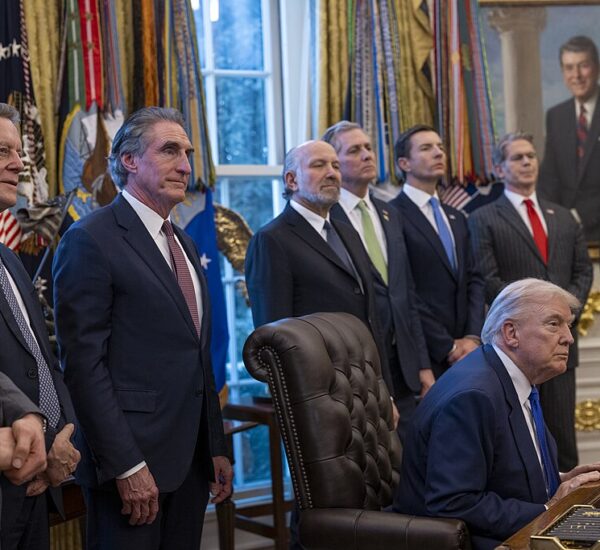Trump, Putin Skipping Key Meeting
As the brutal conflict in Eastern Europe rages into its third year, efforts to broker peace between Russia and Ukraine are back on the table—but with a twist. Both President Donald J. Trump and Russian leader Vladimir Putin will be notably absent from this week’s critical negotiations in Istanbul.
While global elites debate from afar, Trump continues to lead with clarity: calling for a 30-day ceasefire and demanding accountability from both Moscow and Kyiv. He’s warned that new sanctions—possibly even secondary sanctions—could be imposed if Russia continues to stall the peace process.
Putin, who had earlier floated the idea of “unconditional talks,” has instead dispatched top officials, including Presidential Adviser Vladimir Medinsky and Deputy Defense Minister Alexander Fomin. Meanwhile, Ukraine’s Volodymyr Zelenskyy, who previously challenged Putin to show up in person, has agreed to attend—but only now that the White House is actively pushing for resolution.
Trump: ‘Peace Through Strength Is Not a Slogan, It’s a Strategy’
President Trump, known for his successful history of foreign policy wins and avoiding new wars during his first term, has grown frustrated with both sides. His proposal: stop the bloodshed, protect civilians, and return to the negotiating table—with America leading the way.
According to sources close to the Trump administration, additional sanctions are under consideration, including penalties for foreign companies still buying Russian oil. These secondary sanctions could cripple Kremlin-aligned economies and bring real pressure where diplomacy has failed.
Rubio, Witkoff, Kellogg Lead U.S. Delegation
In Trump’s absence, the United States is sending a strong diplomatic team to Turkey, led by Secretary of State Marco Rubio, joined by seasoned policy advisors Steve Witkoff and Keith Kellogg. They’ve already met with Ukraine’s Foreign Minister Andrii Sybiha to align strategies and push for immediate de-escalation.
Zelenskyy appears increasingly open to U.S.-led diplomacy after failed attempts under previous administrations. He now supports a 30-day ceasefire as a starting point for broader negotiations.
A Crossroads for Europe—and for U.S. Foreign Policy
The last time Russia and Ukraine engaged in direct talks was back in March 2022, a month after Russia launched its so-called “special military operation.” Western leaders have widely condemned the invasion as a dangerous throwback to imperial aggression, one that threatens NATO stability and Western interests.
Trump has made it clear: no more blank checks, no more endless wars, and no more tolerance for regimes that mock international norms while spilling innocent blood.
As tensions remain high and the world watches Istanbul, one thing is certain: America is back at the helm under President Trump—and the message to global adversaries is clear.
Stay tuned as this story develops and major peace decisions are made—possibly changing the future of Europe and U.S. policy for years to come.

